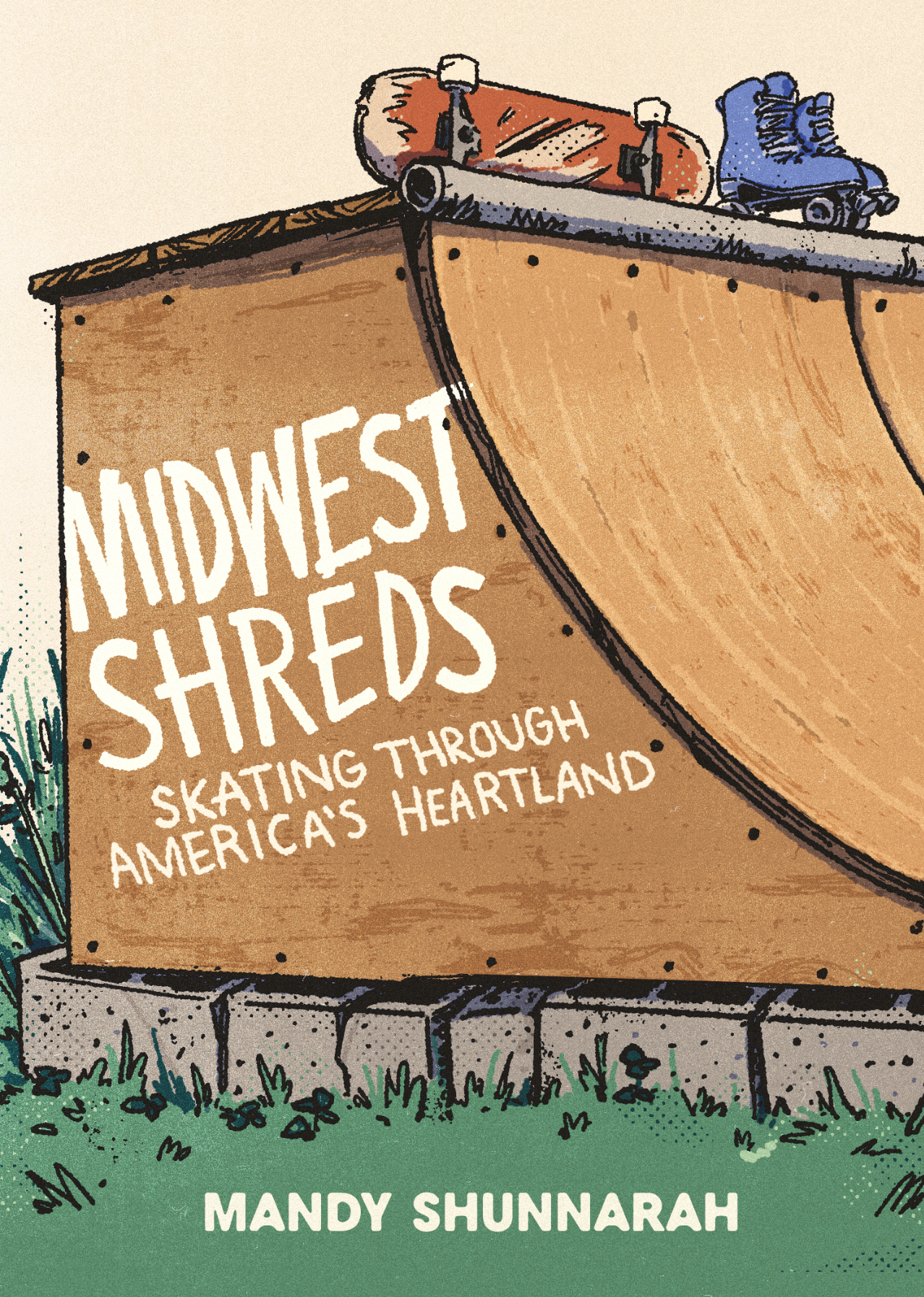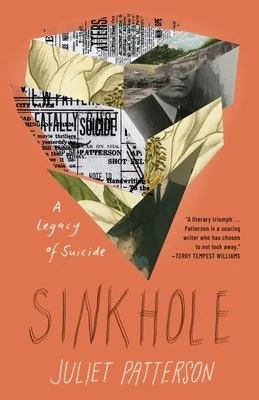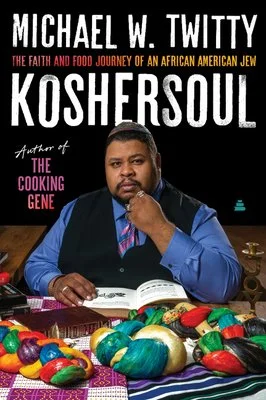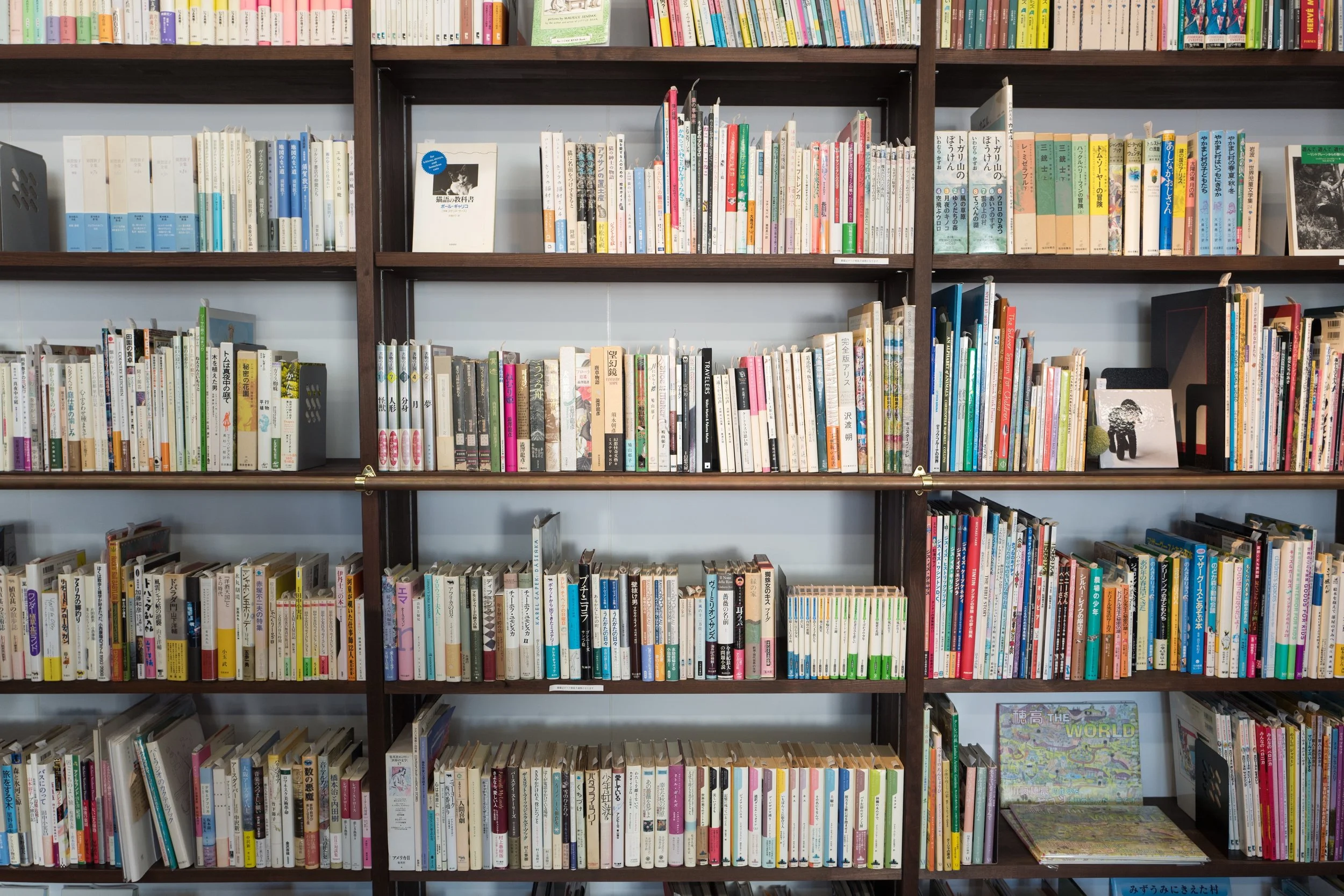Small Press, BIG Impression: Two Dollar Radio on How to Find a Publisher
Source: unsplash
Even though I only recently learned about Two Dollar Radio, I've been super impressed by this indie publisher. They're based in Columbus, so I got to hear co-founder Eric Obenauf speak at a meeting of the local chapter of the Nonfiction Authors Association. He spoke on how to find a publisher and gave insight into what indie presses are looking for in authors and how indies are changing the publishing landscape.
Indie publishers offer an alternative to traditional publishing and self-publishing---it's a middle ground for people who want the perks of a publisher (such as assistance in editing, marketing, and book manufacture) but don't necessarily want to go through the rigamarole and bureaucracy of traditional publishing or the thanklessness of self-publishing. Indie publishing is a standalone path, or it can be a stepping stone into traditional publishing, as many traditionally published authors were first published by a boutique press.
The role of the indie press was one Eric and his wife Eliza believed so strongly in that they started Two Dollar Radio in 2005, or about the time everyone started shouting "death to print" and saying e-books would completely overtake print in 10-15 years. Obviously, those town criers were wrong.
Two Dollar Radio was started because the founders grew bored with traditionally published works and began actively seeking works by indie presses. They were heavily influenced by the ideas in Andre Schiffrin's book, The Business of Books, which discussed how prior to World War II, literature was the artist's pursuit to inspire and inform culture, but after World War II, it shifted to culture inspiring and informing the artist. (Hence how we have YouTube stars with book deals nowadays.) Andre goes on to discuss how having big corporate publishers control 80% of book sales in the US is dangerous for a democracy because those corporate conglomerates are controlling the output of ideas.
It's precisely this publishing landscape that opens the floor for new ideas and new ways of creating. Two Dollar Radio was more inspired by indie record labels than they were by other indie presses, and at the time they started, had no publishing experience. It's this fresh perspective and their unwavering desire to supply distinctive storytellers with the means to tell their stories that fuels their success.
Two Dollar Radio publishes literary fiction, specifically
- authors with a bold, striking voice and a distinctive story.
- Stories that, if previously told, are told in a unique way.
- Works that grab the reader's attention from the first word, the first paragraph, the first 10 pages.
- Works that don't test the reader. Stories that give the good stuff up front and don't make the reader work for it.
- Authors that specifically want to work with Two Dollar Radio because they love the work they produce and believe in their mission.
As Eric mentioned, "No one recommends a pretty good book. People only recommend a great book," so they're looking for great books. The books that traditional publishers might overlook, but as Two Dollar Radio's tagline states, "are too loud to ignore."
A big part of getting published is finding publishers who seek the kind of work you create. Eric recommends looking at comparable titles and seeing who publishes them. Then check the Acknowledgements and see who the agent is, since that can give you an idea of what agents are seeking that type of book. It's important to think of your goals and consider how those goals have played out for similar books in terms of who reviewed them, who recommended them, and other important factors.
Two Dollar Radio receives, on average, 1500 submissions per year. They have two to three people reading submissions and there's a 10-month wait period. They try to give everyone who submits "an honest shake." Eric said he'll read at least the first 10 pages of submissions, but things like a striking title, past publication history, and blurbs from respectable authors will keep him reading.
They keep the reading fee low ($3) so as not to dissuade people from economically disadvantaged backgrounds from submitting. As Eric put it, "If you want me to read your novel, you just have to buy me a cup of coffee."
An initial print run at Two Dollar Radio is 2,000 to 5,000 copies and a bestseller is one that has staying power. If people are still talking out it long after it was published and people still want to buy it, they'll do more print runs to meet demand.
To learn more about Two Dollar Radio and see their submission guidelines, visit their website.
















